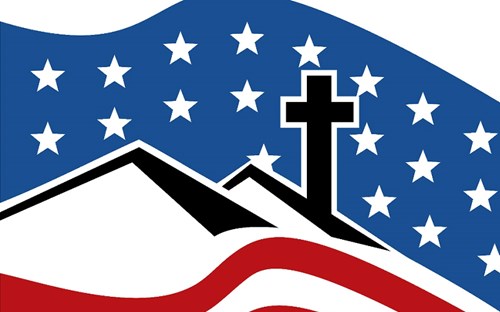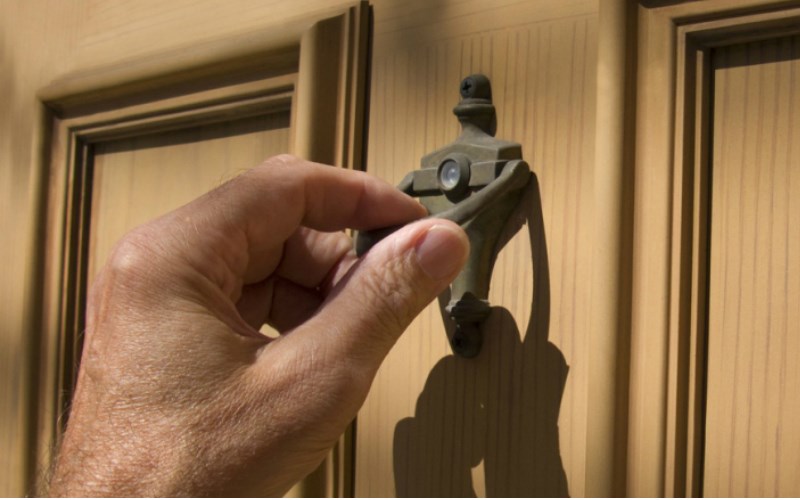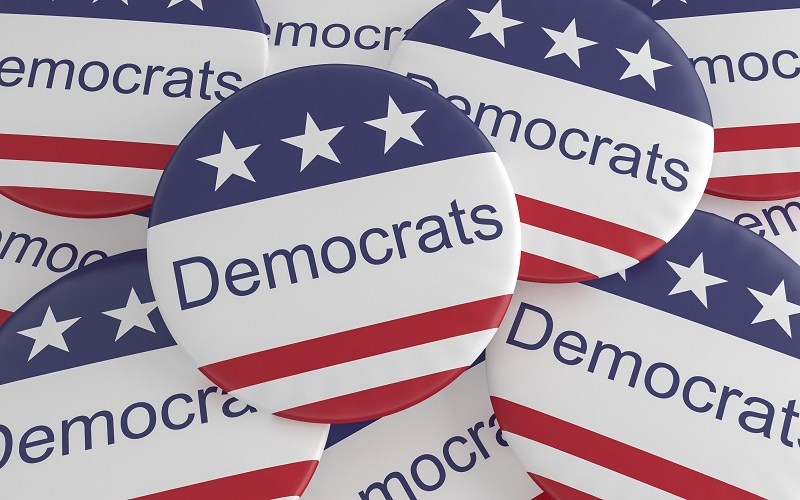Evangelicals are passive voters – they typically vote for the right causes and candidates … when they show up at the polls. And according to Ralph Reed of the Faith & Freedom Coalition, that's the problem.
 "We estimate among evangelical Christians alone, it's about 17 million [that don't go to the polls] – about half of whom are not registered, and about half of whom are registered but don't vote," says Reed.
"We estimate among evangelical Christians alone, it's about 17 million [that don't go to the polls] – about half of whom are not registered, and about half of whom are registered but don't vote," says Reed.
But he's determined to change that. In 2016, about 24 million evangelicals voted. In 2020, it increased to 35 million. For 2024, Reed is working to bring another 10 to 12 million evangelical voters to the polls. And to accomplish that, his organization has brought together more than 10,000 paid staff and volunteers in the battleground states to knock on doors.

"In the next roughly 90 days we're going to knock on the doors of 10 million homes with 17 to 18 million evangelical and Bible-believing Christians in those homes," he describes. "It's the largest ground game for the faith community in the history of modern American politics."
Evangelicals are already one of the most important and influential voting blocks in American politics. Reed argues that if they're organized, they can dominate elections for generations to come.
"It's the largest single constituency in the electorate. It's bigger than the Hispanic vote, the African American vote, and the union vote combined," he stated.
Reed made his comments on the War Room podcast on Tuesday.
"I can't recall an election where the gap and the chasm separating the two major party nominees on the moral issues that burn in the hearts and give meaning to the souls of tens of millions of Americans are in sharper contrast." (Ralph Reed, on the War Room podcast)







